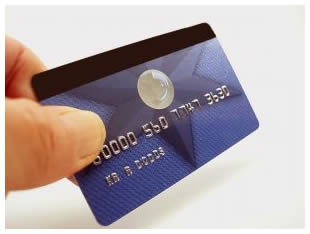 Well, neither. Or both! Like any activity, a little can be uplifting for the spirits, like a good wine after a wonderful meal with friends. But we all know where too much alcohol can lead us. But shopping? Can that be bad for us? Read on!
Well, neither. Or both! Like any activity, a little can be uplifting for the spirits, like a good wine after a wonderful meal with friends. But we all know where too much alcohol can lead us. But shopping? Can that be bad for us? Read on!
I know a few women who do not indulge in retail therapy, but it is definitely a major pastime of many women. But we’re not just talking shopping here, we are talking about using money to buy items to improve one’s mood. Retail therapy. How useful is it?
Let’s look at two cases of retail therapy. Rachel will go out and buy herself an indulgence, something for herself, when she’s feeling good. So, if she gets a good pass in her exam or she discovers her father’s suspected cancer is a benign mass, she goes out and buys herself flowers, or a pair of earrings, or that pair of shoes she spied on a previous shopping trip.
Rachel is using spending money to actually expand and increase her mood of happiness. Provided she doesn’t go off budget, there is little that can go wrong with this type of behavior. It’s like having a drink to celebrate the birth of a healthy child: the “substance” is not being used to change a mood state, merely enhance it.
On the other hand, women the world over are renowned for the other form of retail therapy: using money to buy a better mood. Of course, money is nowhere near as harmful as certain chemicals that humans often consume in a bid for happiness, but spending comes with its own risks.
Leah is in a relationship with a man. Or at least she thinks she is. She’s not really sure, as he won’t commit, yet gives out signals that he loves her very much every now and then. She feels like she’s playing a poker machine that pays off every now and then but she’s left feeling strangely empty. That’s when she goes shopping. Although she has a great job as a lawyer, she has financial commitments and she is feeling the pinch of all this spending. The pleasure of tracking down a beautiful item only lasts a day. Perhaps a week if she’s lucky. And then the depression, the anxiety and the uncertainty creeps in. Does he love her or doesn’t he. She goes out spending again.
This is the kind of scenario in which money used to fund these excursions becomes a substance of abuse and the person is locked into an addictive pattern of spending-happiness- depression-spending. In order to get out of this situation, the retail therapy-user needs to do what anyone caught in a pattern of addictive behavior must do. And that is look for the root cause. In Leah’s case it was her choice of man. In addressing that issue, she will begin her path of recovery from overspending and seek better quality relationships that do not leave her with a void to fill.
Contact Beth McHugh for further assistance regarding this issue.

